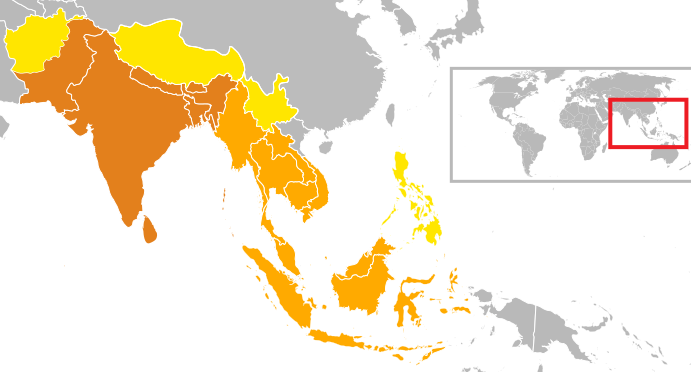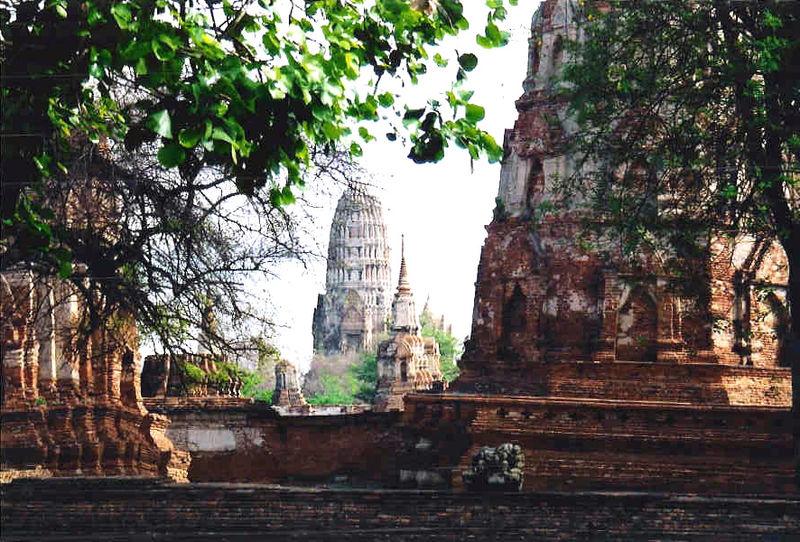The immediate counter is:
"No! That's a brahminical right wing view. Hinduism is extremely diverse, disorganized motley collection of South Asian faiths"
But the fact is Hinduism is extremely well organized. And the Right is stupid to deny this
This view is articulated by Michael Witzel & Stephanie Jamison in their 1992 work “Vedic Hinduism”- admittedly a well written work
“Vedic Hinduism" is a contradiction in terminus since Vedic religion is very
different from what we generally call "Hindu religion", - at least as much Old
Hebrew religion is from medieval and modern Christian religion”
The most important reason lies in the very different understanding of the term “Veda” on both sides
The ritualistic spirit of the Samhitas (captured by later “Purva Mimamsa”) is very much a part of modern Hindu religion. Though the rituals themselves may have changed in character
Two examples being Nasadiya Sukta (the idea of an “Agnostic God”) and “Purusha Sukta” (the germs of later Hindu ideas of division of labor)
Modern Hinduism’s theology derives mainly from Itihaasas & Puranas, and hence bears no connection to Vedic religion
a) Firstly the major modern Hindu deities - be it Vishnu or Shiva - are very much Vedic Gods. And fairly major ones at that
Worth reminding ourselves that this Sukta is very much a part of Samhita portion of Vedas - the part viewed as most remote from modern HInduism
Yet the Rudram hymn’s description of Shiva is very much in line with later Puranic conception of the lord.
Shiva (auspicious)
Triambaka (Three eyed one)
Tripurantaka (the destroyer of the three cities)
Mahadeva (the great deity)
Neelakanta (the blue throated one)
Neelagreeva (the blue necked one)
In fact the two foundational texts of modern Hinduism -
a) Badarayana’s Brahma Sutras
b) Bhagavad Gita -
can both be regarded as texts that systematize the teachings in the Upanisads
It is often stated that there can be no new sect founded in India that does not begin with a fresh take on Brahma Sutras
And these five broadly encompass nearly all the Hindu sects that exist today
Adi Sankara Sampradaya (Monism)
Ramanuja (Qualified Monism)
Madhwa (Strict Dualism)
Nimbarka (Dualistic Non dualism)
Vallabha (Pure Non dualism)
Every Hindu sect can be bucketed under the philosophical framework expounded by one of these five streams
And these commentaries were on Brahma Sutra - a "Vedic age" text - the very religious epoch that is regarded by many academics as being remote from modern Hinduism
To devout Hindus, there is no distinction between Puranic Hinduism and Vedic Hinduism.
a) Hinduism is more organized than most people think, with a remarkable intellectual continuity, much of which is by design and not accident
Regardless of one’s ideological or political affiliation, the unity of the two needs to be acknowledged more often by more people
Hinduism is very much the religion of the Vedas!









